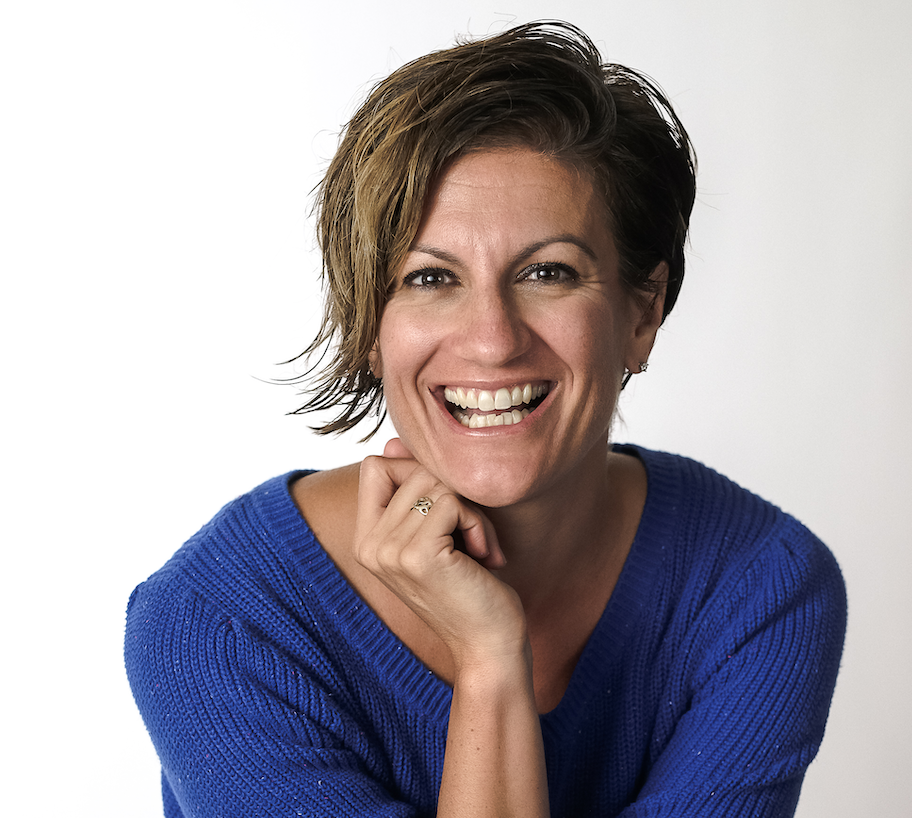Recently, I shared a blog, “My Struggle with the Word “Disabled” and asked for others to share their perspectives. I am floored by the response. It is my goal, with permission, to elevate and celebrate the stories that have been shared with me.
In this first installment in this series, I am incredibly honored to share the work of my dear friend, Joni Degner. Please read her perspective on the term “disabled” and how it has affected her personally.
As someone who lived and functioned with no hint of disability for the first 40 years of my life, I’ve had difficulty resolving what it means to have a disability and what it means to be disabled. I was plunged into drastic hearing loss (sudden deafness—a loss of about 85% and still going) when I was 40. It’s definitely part of my identity now. When I wake up, the first thing I do is put in my hearing aids. I rely on closed captions, seeing people’s faces and mouths when they talk, and being ever cognizant of what is behind me (since my hearing aids are directional and only pick up what’s in front of me). Since this has happened to me, I’ve found myself struggling with labels—like what to call myself. I’m not deaf. I’m not part of the deaf community. I usually refer to myself as hearing impaired, and then the part of me with a serious stiff upper lip says, “You’re not impaired! There’s nothing broken about you!” Then the practical voice in my head says, “Yeah…except that you can’t hear.”
The reality is I’ve laid in bed and cried over not being able to hear. I’ve thrown fits in anger and frustration over not being able to hear. From time to time, I feel the fear and dread of one day putting in my hearing aids and finding they no longer help.
In those moments, I have felt like a broken human. I felt that way just this past week when I was almost late for a contract job at a school. I woke up a half hour before I was supposed to be there. Why? Loss of hearing means sleeping more deeply for me…no noises of everyday life going on around me to wake me up. That morning I woke up in an absolute panic. I woke up because my hotel room was flooded with sunlight, and I’m used to getting up when it’s still dark out, so I knew something was really wrong. My first instinct was that I messed up and didn’t set my alarm properly. I was wrong. When I picked up my phone, my alarm was going off in my hand. I could see it on the screen but couldn’t hear it with my ears. I felt like a broken human in that moment. I rushed around in frenzied panic getting myself together, checking out of my hotel and getting to my school with just five minutes to spare. Later that day I ordered an alarm online specifically for the hearing impaired.
As I read your tweets and your blog, I thought about my own struggle with words and labels as they relate to what I know about education and my own experience. I don’t feel any ownership or even mastery of understanding over the words disability or disabled. I do acknowledge them as part of the human experience, which is I think where our systems have failed. We’ve all heard of the whole child movement in education, and in the way of social emotional learning, that’s making something of a comeback, but even that doesn’t account for the idea I think we have to focus our efforts on—the full human experience.
We know well enough now to know that taking a “colorblind” approach to race and cultural diversity is so highly offensive because it neglects part of a person’s identity and how a person experiences the world. Is it possible that saying “people aren’t disabled” or that implying that only systems are disabled neglects the full human experience in the same way?
When I think back to the utter brokenness and despair that I felt watching a full volume alarm go off as I stood in utter silence grasping for any hint of noise, it was a profoundly human experience, and though I’ve never described myself as disabled, I was in that context. The alarm was functioning exactly as it was designed to, but I wasn’t. Ears were designed to hear, and mine can’t (without proper technology). It’s not that my ears are fully functioning and the rest of the world just needs to get louder. They are indeed disabled or impaired or whatever the right nomenclature is. Our systems of education are like the alarm clock…working exactly as they were designed to when they were designed so long ago. It’s time to change their design to one that accounts for, honors, and supports the full human experience.
As we design systems, resources, and products for learning, they have to be designed with the idea of the full human experience in mind. The only way to do that is to engage people in their design and create teams and communities of designers who represent the full human experience.
You can connect directly with Joni at jonidegner@gmail.com.



